Akira Yamaoka: Composer of Darkness in Silent Hill
 'When you suffer and fear for so long, your pain and fear turn into hatred. And hatred begins to change the world.' - Alessa
'When you suffer and fear for so long, your pain and fear turn into hatred. And hatred begins to change the world.' - Alessa
Until 1999, I lived in peace, playing on my console, believing I knew what survival horrors were because I was immersed in Resident Evil, Parasite Eve, and Nightmare Creatures. Although I don't want to detract from these games, as they have left mostly good and wonderful memories in my mind, for me, the year 1999 was a reset for survival-horror games. That's when the first Silent Hill came out, showing us that fear could be felt differently, not just by jumping on the couch when something unexpected pops out from around the corner. 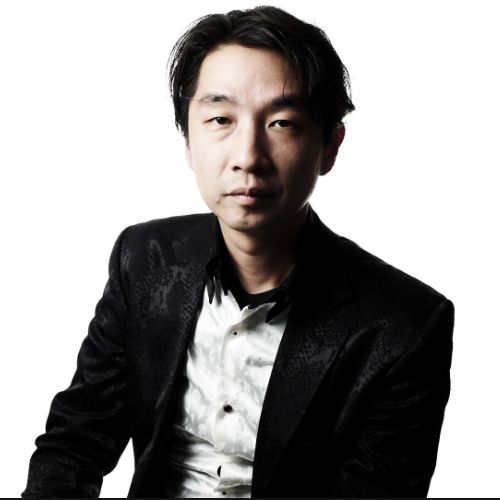
This article is dedicated to the work of composer Akira Yamaoka, who wrote the soundtrack for Silent Hill (and not only). A soundtrack that is essentially Silent Hill itself because it was the music that not only gave this new, deeper fear to the gameplay but, above all, brought the story to a much deeper level. A level deep, touching the human soul, not often attainable by pop culture works - whether they are films or games. 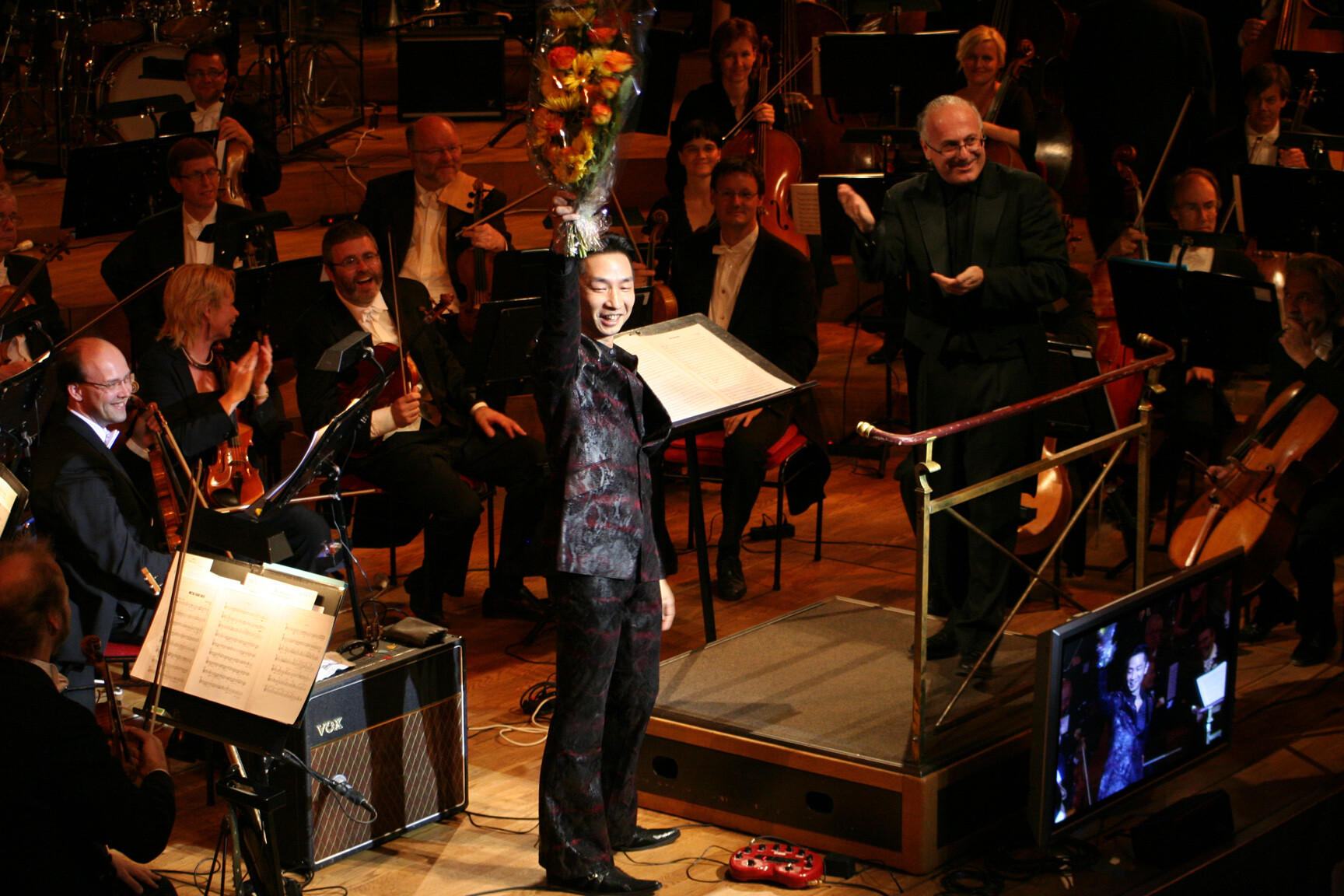
The year 2024 is special in this respect, as not only is the long-awaited remake of Silent Hill 2 coming out, but also, after years, Akira Yamaoka returns to the Silent Hill series and will personally be responsible for the music of the remake. This gives some hope that the remake will meet at least some of the fans' high expectations.
'fear of the blood tends to create fear of the flesh'
Who is the Genius of Fear?
 Life Before Silent Hill
Life Before Silent Hill
Akira Yamaoka, born on February 6, 1968, in Niigata, Japan, showed an interest in music from an early age, exploring various genres and learning to play many instruments. His passion for music soon led him on a path that would revolutionize video game music. He began his career in the 1990s, joining the video game world as a composer and sound producer.
Akira Yamaoka's childhood and education were stages where his musical worldview began to take shape. Raised in Niigata, from an early age, he was surrounded by a variety of musical influences, which instilled in him a deep passion for exploring sound. His musical education was not limited to formal lessons; Yamaoka independently delved into the secrets of playing many instruments, from guitar to keyboards, allowing him to develop a wide range of compositional and arrangement skills.
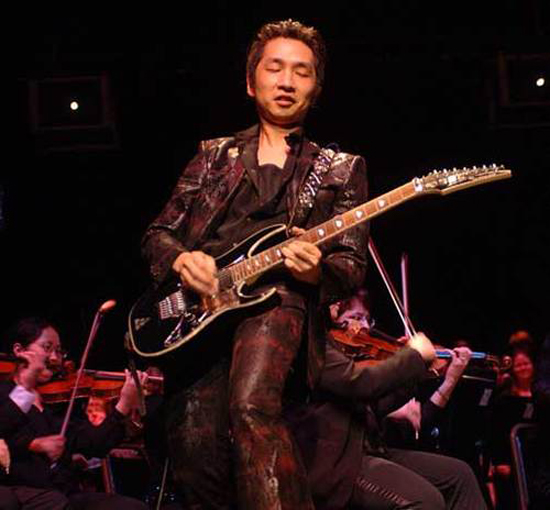
Yamaoka's education was not limited to music alone. An interest in art, film, and technology enriched his understanding of media and the ways music can affect the viewer's experience. This holistic view of creativity was key when he began to merge his musical visions with the interactive world of video games.
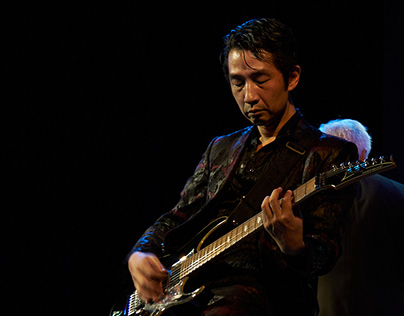
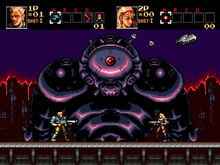
 Working on Silent Hill
Working on Silent Hill
Yamaoka quickly became interested in the Silent Hill project, seeing it as the perfect opportunity to utilize his creativity and passion for creating unique sounds and melodies. Inspired by the possibilities offered by the horror genre, Yamaoka took on the role of the main composer for the project, a decision that not only defined his career but forever changed video game music.
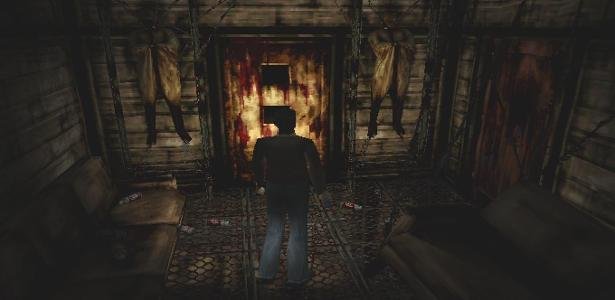
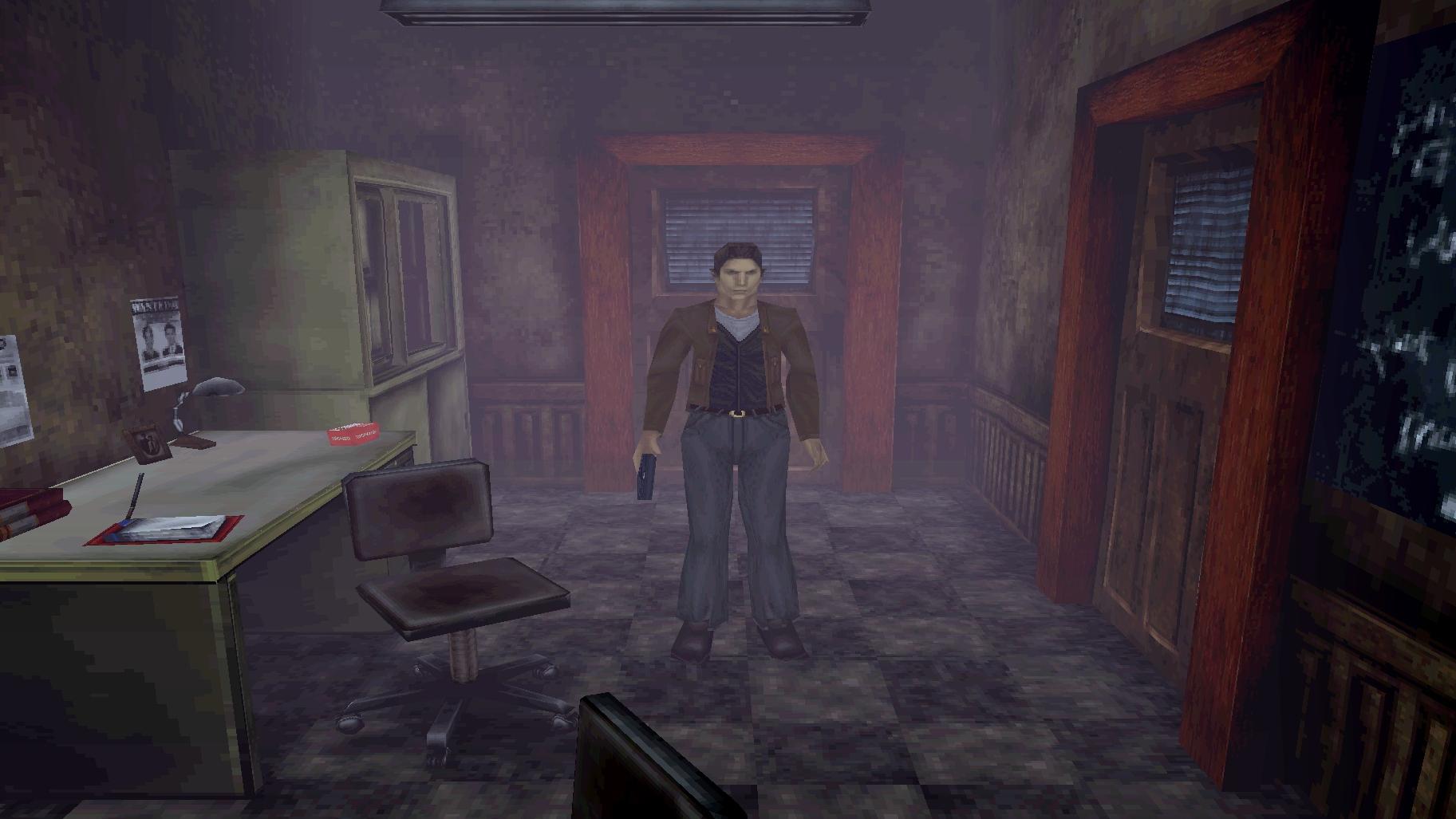
- "It's hot as hell in here."
- "You see it, too? For me, it's always like this."
The Silent Hill Series
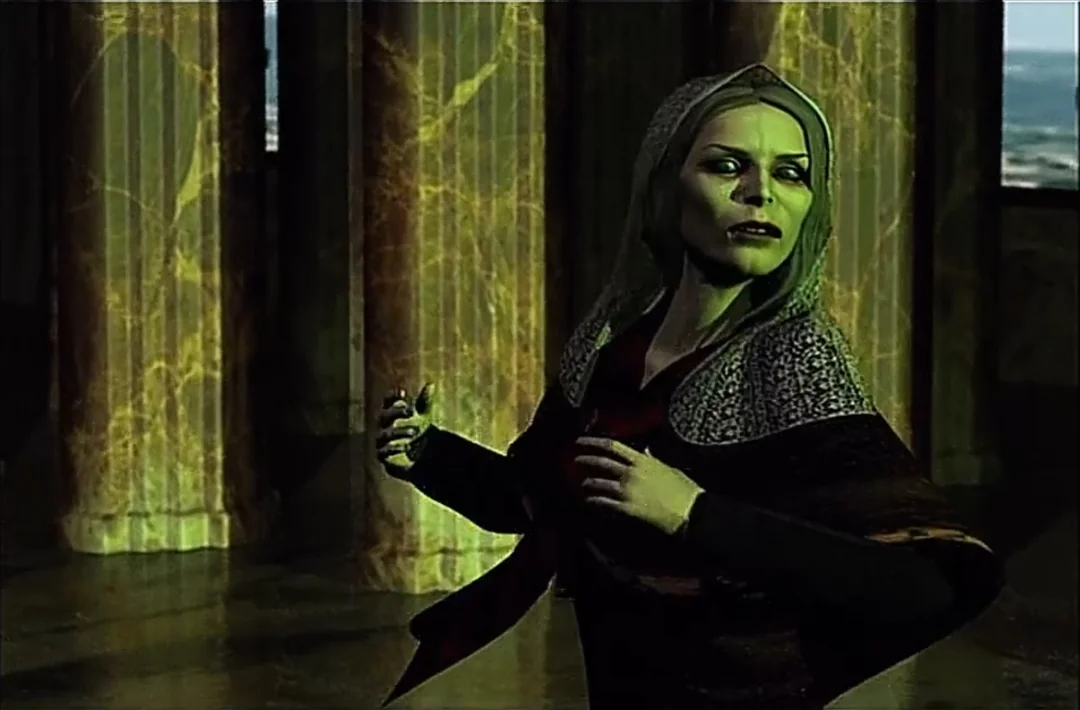
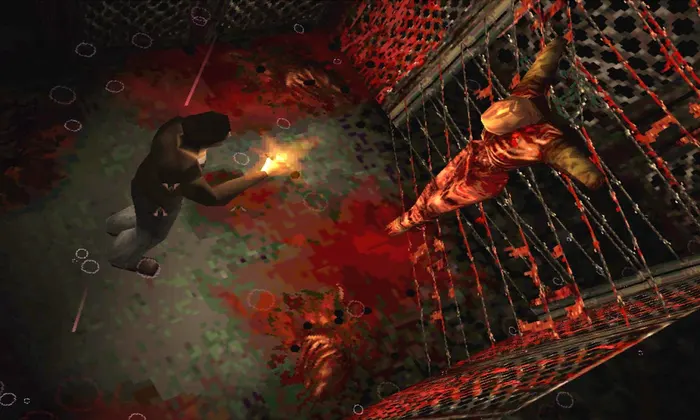
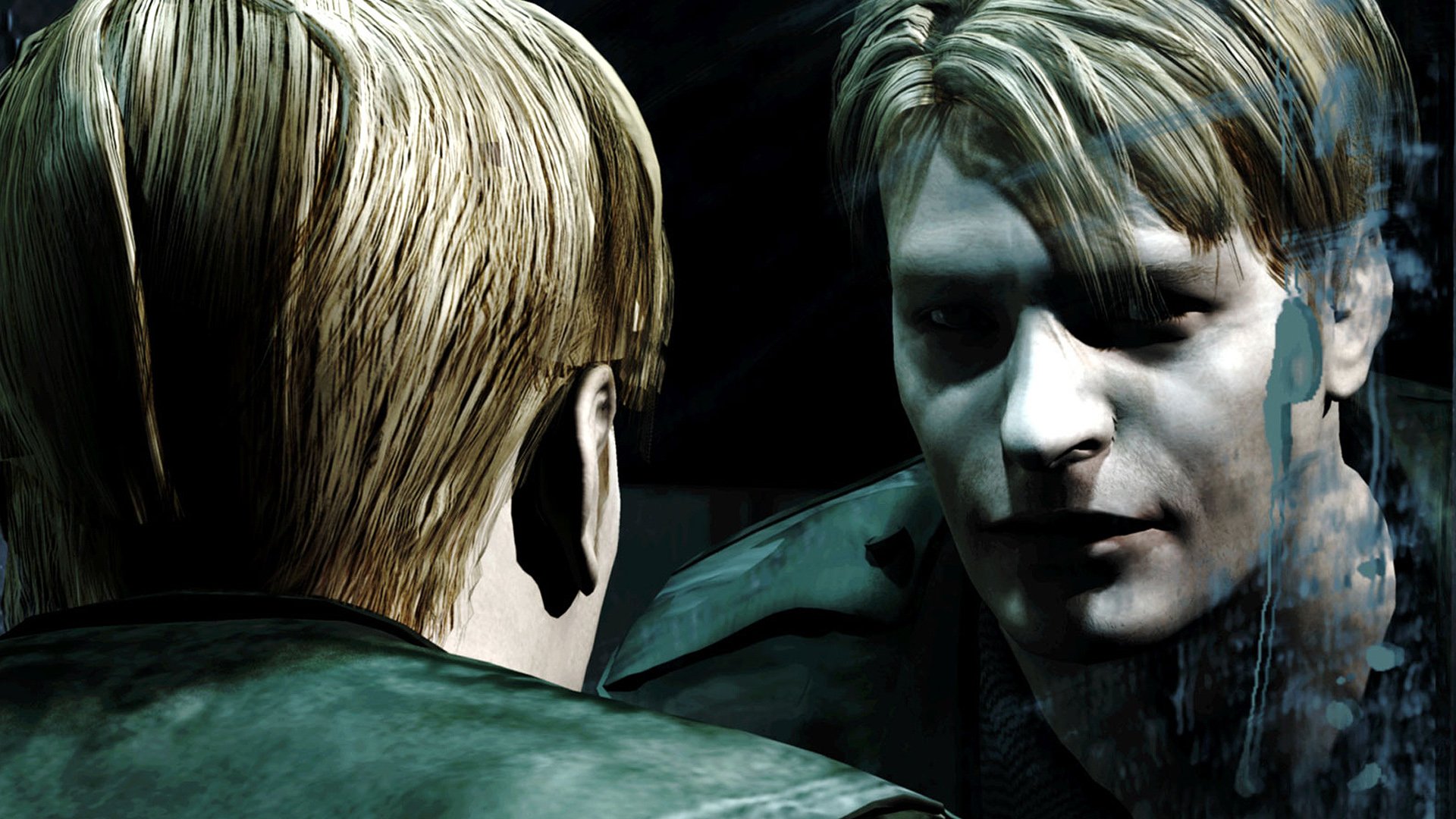
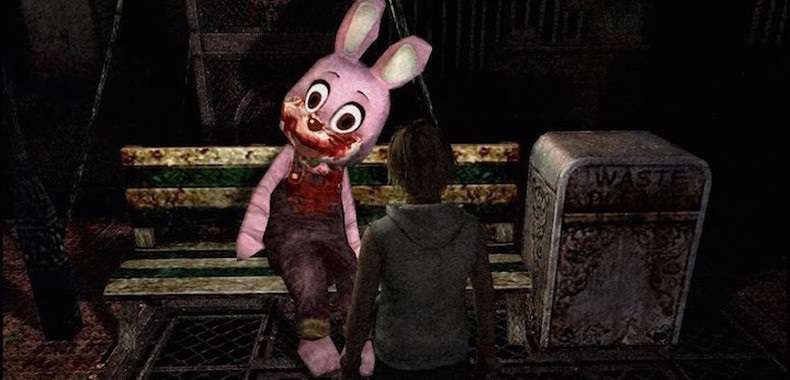
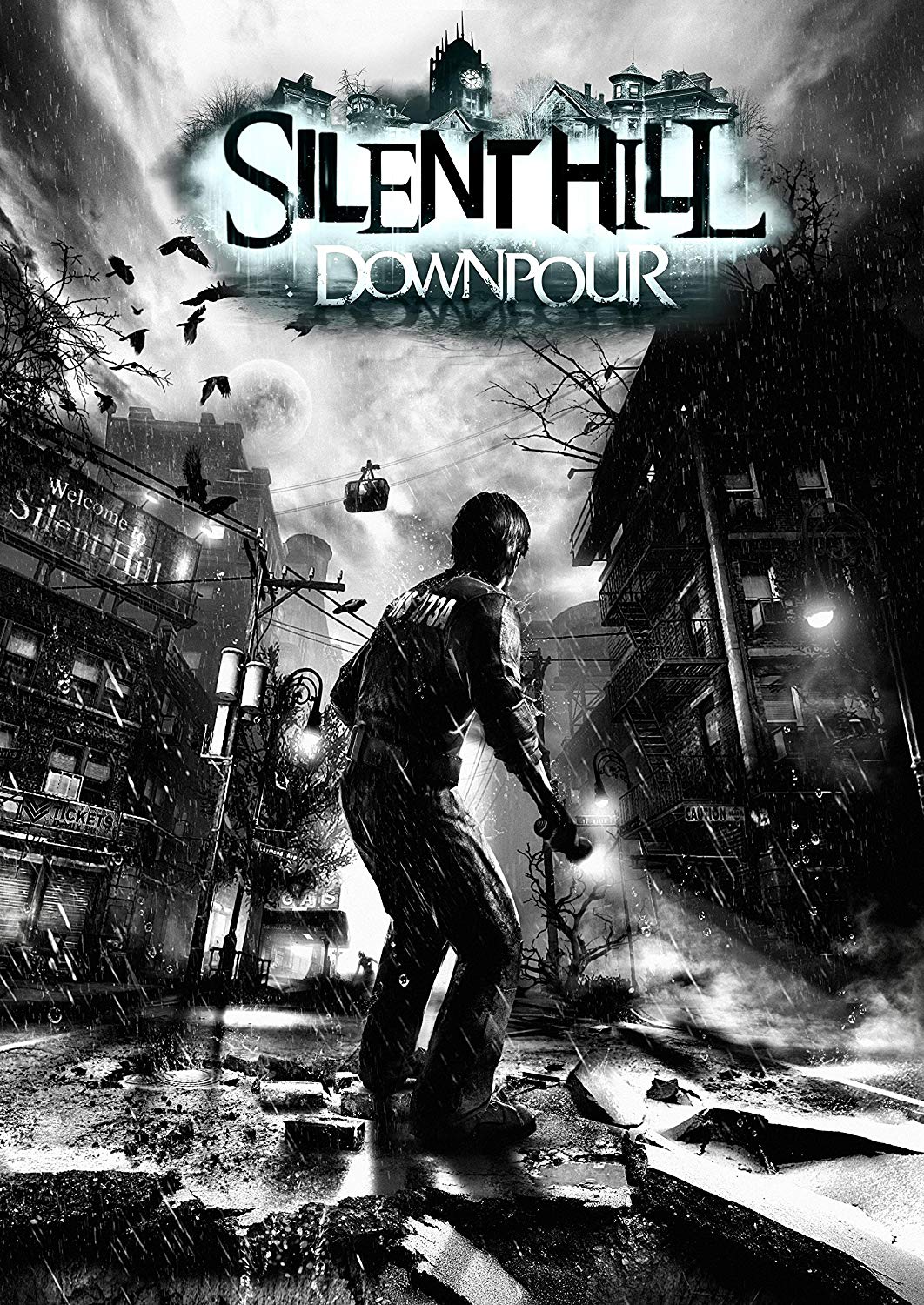
Silent Hill, as a series, not only defined the survival horror genre but also showed how music can influence the gaming experience, creating unforgettable and emotionally engaging stories. Akira Yamaoka's music and his unique approach to sound in games remain an integral part of Silent Hill's legacy, underscoring the important role of the soundtrack in building the atmosphere and emotional impact of the game on the player.
- "Zobacz. Ja płonę." - Alessa
 A Journey into Dark Noise
A Journey into Dark Noise
Akira Yamaoka's music in "Silent Hill" was a true breakthrough, setting the tone for the entire series and significantly influencing how music is used in video games. Yamaoka, utilizing a wide spectrum of musical inspirations, created a soundtrack that not only enhanced the mood of the game but also enriched its narrative and the players' emotional experience.
One of the most distinctive aspects of Yamaoka's music in "Silent Hill" is how he combines various musical genres to create unique soundscapes. For example, the track "Silent Hill" from the first game in the series employs elements of both ambient and industrial music, creating a sense of isolation and unease that is so characteristic of the game. The melancholic and haunting melody played on a mandolin, combined with distorted, metallic sounds, creates a feeling of alienation and threat.
Another example is "My Heaven," a track that uses noisy, industrial sounds to create a feeling of chaos and destruction, reflecting the terrifying aspects of the game. The use of irregular, non-melodic sounds, such as metallic strikes and electronic disturbances, contributes to building a disturbing atmosphere that is at the core of the entire series.
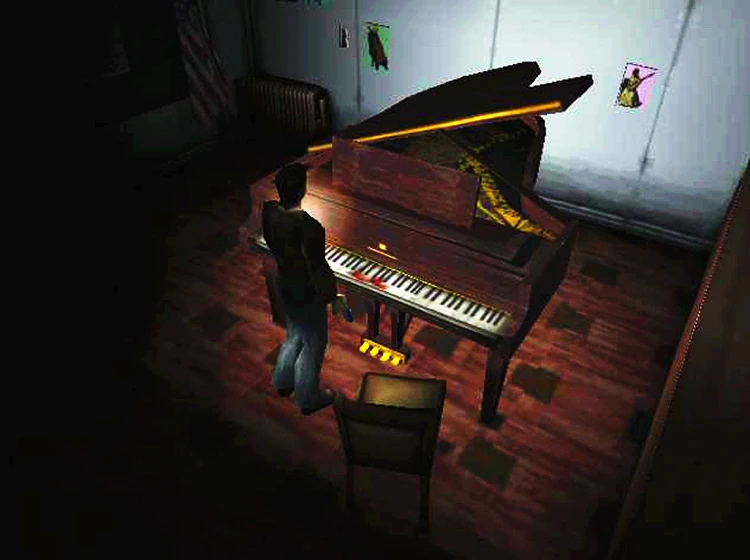
By combining various musical styles and experimenting with sound, Akira Yamaoka created a soundtrack for "Silent Hill" that is both disturbing and beautiful, reflecting the game's emotional complexity and thematic depth. His work on the music for "Silent Hill" not only defined the series but also set new standards for video game music, showing how it can transform the gaming experience.
Let's Listen
Akira Yamaoka's music for the Silent Hill series is an example of a masterful combination of sounds and emotions that together create a unique experience for the player. Let's listen to these sounds and hear how the composer built the mood – from a feeling of unease to deep emotions.
 ff"Theme of Laura" (Silent Hill 2)
ff"Theme of Laura" (Silent Hill 2)
"Theme of Laura" from "Silent Hill 2," composed by Akira Yamaoka, is a piece that transcendentally connects the worlds of emotions, narrative, and philosophy, becoming one of the most recognizable musical motifs in video game history. At first encounter, it seems to be a simple electric guitar melody, but upon deeper "listening," it reveals its multi-layered meanings, becoming the key to understanding the inner world of the protagonist – James Sunderland.
Yamaoka uses the melancholic sound of the electric guitar in "Theme of Laura," carrying the weight of unspoken regret. However, when delicate yet disturbing percussive elements appear, the piece starts to affect us on an even stronger level, suggesting the unease lurking just beneath the surface of apparent calm. It is these contrasting layers of sound that create a unique atmosphere that is so characteristic of the entire Silent Hill series.
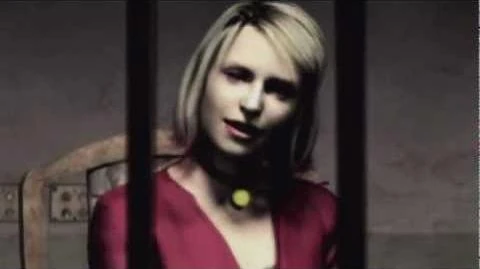
 Promise (Reprise)" from "Silent Hill 2"
Promise (Reprise)" from "Silent Hill 2"
"Promise (Reprise)" is another track from "Silent Hill 2" that reveals Yamaoka's talent for creating music that touches the player's heart. The use of a simple piano melody in this piece conveys a sense of loss and regret while maintaining an element of mystery. The music in "Silent Hill 2" aims not only to accompany the player but also to induce a state of introspection, compelling one to reflect on their own feelings and experiences. "Promise (Reprise)" exemplifies how minimalism in music can lead to a maximal emotional effect.
 'Room of Angel'
'Room of Angel'
"Room of Angel" from "Silent Hill 4: The Room" is an example of how Yamaoka was able to explore different musical genres while maintaining the series' distinctive mood. This track, with its dreamy vocals and lyrical lyrics, speaks of trauma and loss from the perspective of the character. Here, the music serves as a bridge between the game world and the players' emotions, emphasizing how song lyrics, combined with melodic yet unsettling sounds, can deepen the experience of the virtual world.
 "Silent Hill" (main theme, SH1)
"Silent Hill" (main theme, SH1)
The main theme of "Silent Hill" is a piece that immediately immerses players in the game's unique atmosphere. Using synthesizers to create a deep, resonating bass line and ethereal, high sounds, Yamaoka creates a sense of undefined threat and mystery. The melody is simple, yet extremely effective in evoking a feeling of loneliness and isolation, which are key to the Silent Hill experience. This piece is the foundation upon which the rest of the soundtrack is built – a mix of beauty and horror that defines the series.
 "Not Tomorrow" (SH1)
"Not Tomorrow" (SH1)
"Not Tomorrow" represents a significant contrast to the main theme, presenting a more intimate, yet no less unsettling side of Silent Hill. This piece is associated with one of the most emotional moments in the game, the death of a character (nurse, Lisa Garland), and contains a delicate, yet dreadful piano melody. Though beautiful, the melody carries the weight of loss and irreversibility. Yamaoka uses minimalism to convey deep emotions – single piano notes resonate in silence, creating an atmosphere of sorrow and reflection. This piece demonstrates how music in Silent Hill is not just a backdrop for action but an integral part of the story, capable of conveying emotions and story without words.
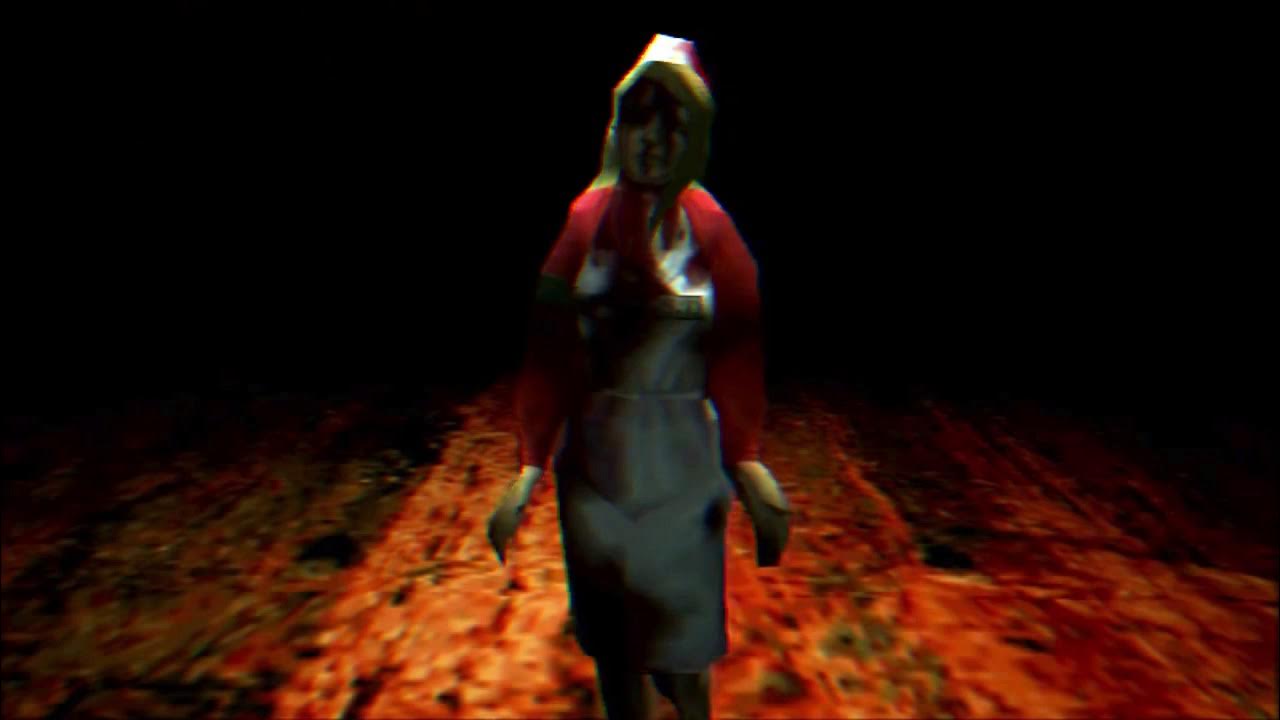
 Techniques and Innovations by Akira Yamaoka
Techniques and Innovations by Akira Yamaoka
Akira Yamaoka, in composing music for the Silent Hill series, applied a range of innovative techniques that distinguish his work from other video game soundtracks. His approach is characterized not only by the richness of the instruments and sounds used but also by bold use of elements such as silence, surprising key changes, and adaptation to changing technological capabilities.
 Use of Silence as a Narrative Tool
Use of Silence as a Narrative Tool
Yamaoka effectively uses silence as a tool to build tension and atmosphere in the Silent Hill series. Instead of filling every moment with music or sound effects, the composer allows silence to speak, creating space for the player's own interpretations and emotions. These moments of silence, often abruptly interrupted by subtle or sudden sounds, enhance the feeling of unease and unpredictability, which are key to psychological horror.
Surprising Key Changes and Experimentation with Sound
Yamaoka often experiments with surprising key changes, adding an additional dimension to his compositions. Such techniques not only surprise the listener but also enrich the emotional gaming experience, highlighting its unstable, dreamlike nature. Experimenting with various sound textures, from distorted guitars to electronic sounds and noises, allows Yamaoka to create Silent Hill's unique atmosphere.
 Using Sound Layers to Create Depth
Using Sound Layers to Create Depth
Yamaoka has a unique ability to layer sounds and textures in a way that creates complex, multi-dimensional audio landscapes. In the Silent Hill series, he uses this to convey both the physical and psychological space of the game. For example, disturbing, low tones may play in the background, while sharp, piercing sounds appear in the foreground. This combination keeps the player in a state of constant vigilance and emphasizes the tension between the visible and invisible worlds of Silent Hill. This technique not only enriches the auditory experience but also strengthens the feeling of uncertainty and alienation.
 Dynamic Soundtracks Responding to Player Actions
Dynamic Soundtracks Responding to Player Actions
Another innovation Yamaoka introduced in the Silent Hill series is dynamically adjusting music and sound effects to the player's actions and condition. The music can change based on the choices made by the player, their location in the game, or even the health status of the character. For instance, when the player is in danger, the music can become louder and more intense, increasing the sense of threat. This interactivity ensures that each player's experience is unique and even more immersive, a key element in psychological horrors.
Akira Yamaoka Beyond Silent Hill
Akira Yamaoka, best known for his work on the Silent Hill series, has also been involved in other musical projects that showcase his versatility as a composer. Below are just a few examples from his rich portfolio.
▫ "Shadows of the Damned" (2011) - An action game released by Grasshopper Manufacture, "Shadows of the Damned" is a collaboration between Yamaoka, Goichi Suda (Suda51), and Shinji Mikami. Yamaoka's music perfectly matches the game's surreal and somewhat grotesque world, blending rock, electronics, and orchestral sounds to underscore its unique atmosphere.
 ▫ "Lollipop Chainsaw" (2012) - In this bright and colorful game about a cheerleader fighting zombies, Yamaoka's music captures both the energetic and the absurd tone of the game. Utilizing heavier guitar sounds and energetic melodies, the composer perfectly complements the game's unusual gameplay.
▫ "Lollipop Chainsaw" (2012) - In this bright and colorful game about a cheerleader fighting zombies, Yamaoka's music captures both the energetic and the absurd tone of the game. Utilizing heavier guitar sounds and energetic melodies, the composer perfectly complements the game's unusual gameplay.
▫ "Killer is Dead" (2013) - Another collaboration with Suda51, "Killer is Dead" combines noir elements with a futuristic world of assassins. Yamaoka creates a moody and at times unsettling soundtrack that enhances the game's unique aesthetic and story.
 ▫ "The Medium" (2021) - In "The Medium," a psychological horror game from Bloober Team, Yamaoka collaborates with Arkadiusz Reikowski to create a deeply atmospheric and emotional soundtrack. This music, full of tension and mystery, perfectly captures the duality of the game's world.
▫ "The Medium" (2021) - In "The Medium," a psychological horror game from Bloober Team, Yamaoka collaborates with Arkadiusz Reikowski to create a deeply atmospheric and emotional soundtrack. This music, full of tension and mystery, perfectly captures the duality of the game's world.
▫ "Let It Die" (2016) - For this survival game from Grasshopper Manufacture, Yamaoka created a soundtrack that combines heavy metal sounds with electronic elements, emphasizing the brutality and chaos of the gameplay.
 ▫ "Sine Mora" (2012) - In this side-scrolling shooter, Yamaoka presents a more subtle and melancholic approach, creating music that puts players in a reflective mood while being fully integrated with the game's dynamic action.
▫ "Sine Mora" (2012) - In this side-scrolling shooter, Yamaoka presents a more subtle and melancholic approach, creating music that puts players in a reflective mood while being fully integrated with the game's dynamic action.
▫ "Black Knight Sword" (2012) - For this platform game, Yamaoka explores dark and experimental sounds that perfectly match the surreal and somewhat dark world of the game, telling the journey of the Black Knight.
In each of these projects, Akira Yamaoka demonstrates his ability to adapt his musical style to the tone and requirements of the specific game while maintaining his distinctive, recognizable style. His music not only complements the visual and narrative aspects of games but also enriches them, creating unforgettable auditory experiences.
 Summary
Summary
Akira Yamaoka's work has permanently inscribed itself in the canon of video game music, redefining how sound can affect interactive experiences. His innovative approach to composing soundtracks, which utilize silence as effectively as sound, surprising key changes, and deeply emotional motifs, has set new standards for the gaming industry and has become an inspiration for many creators. Yamaoka's music, rich in nuances and building an intense atmosphere, has shown that the soundtrack can be as important to the narrative and player experience as graphics or gameplay.
In 2024, the video game world eagerly awaits the release of the "Silent Hill 2" remake, one of the most iconic titles in Yamaoka's career. Great hopes are pinned on this project, especially in terms of preserving the original atmosphere that resonated so deeply with fans of the series. The most important news regarding this remake is the return of Akira Yamaoka to Silent Hill, where he will once again take on the task of creating music that will be remembered for decades. This promising reunion suggests that the new version of the game will not only pay homage to the original but will also introduce new elements that will enrich the experience thanks to modern technological capabilities and Yamaoka's artistic genius.
>> SEE SIMILAR ARTICLES:
Japanese Folklore in Shin Megami Tensei: Playing Persona in the Rhythms of Shinto
Return to Hyrule: Shinto Mythology of Japan in The Legend of Zelda
The Boredoms: From the Punk Underground of Osaka to a Spectacular Symphony of Chaos
Manga in Tekken: Who is Gon and What is He Doing Here?
Final Fantasy VII: Manga troppes and Japanese themes in the game
"Strong Japanese Women"
see book by the author
of the page
未開 ソビエライ
An enthusiast of Asian culture with a deep appreciation for the diverse philosophies of the world. By education, a psychologist and philologist specializing in Korean studies. At heart, a programmer (primarily for Android) and a passionate technology enthusiast, as well as a practitioner of Zen and mono no aware. In moments of tranquility, adheres to a disciplined lifestyle, firmly believing that perseverance, continuous personal growth, and dedication to one's passions are the wisest paths in life. Author of the book "Strong Women of Japan" (>>see more)
Personal motto:
"The most powerful force in the universe is compound interest." - Albert Einstein (probably)
Mike Soray
(aka Michał Sobieraj)
未開 ソビエライ
An enthusiast of Asian culture with a deep appreciation for the diverse philosophies of the world. By education, a psychologist and philologist specializing in Korean studies. At heart, a programmer (primarily for Android) and a passionate technology enthusiast, as well as a practitioner of Zen and mono no aware. In moments of tranquility, adheres to a disciplined lifestyle, firmly believing that perseverance, continuous personal growth, and dedication to one's passions are the wisest paths in life. Author of the book "Strong Women of Japan" (>>see more)
Personal motto:
"The most powerful force in the universe is compound interest." - Albert Einstein (probably)
Mike Soray
(aka Michał Sobieraj)
Write us...
Ciechanów, Polska
dr.imyon@gmail.com
___________________
inari.smart
Would you like to share your thoughts or feedback about our website or app? Leave us a message, and we’ll get back to you quickly. We value your perspective!
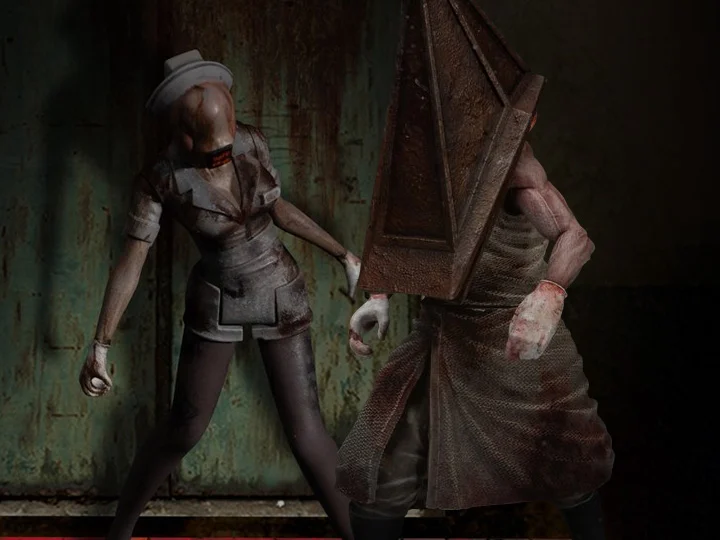 'When you suffer and fear for so long, your pain and fear turn into hatred. And hatred begins to change the world.'
'When you suffer and fear for so long, your pain and fear turn into hatred. And hatred begins to change the world.' 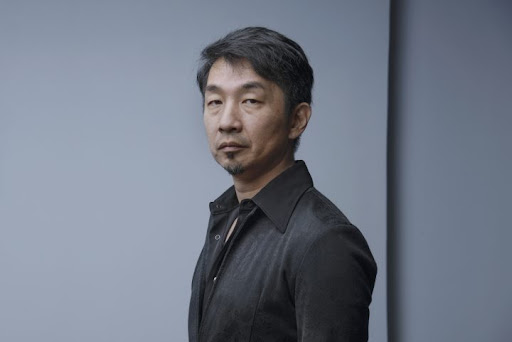 Life Before Silent Hill
Life Before Silent Hill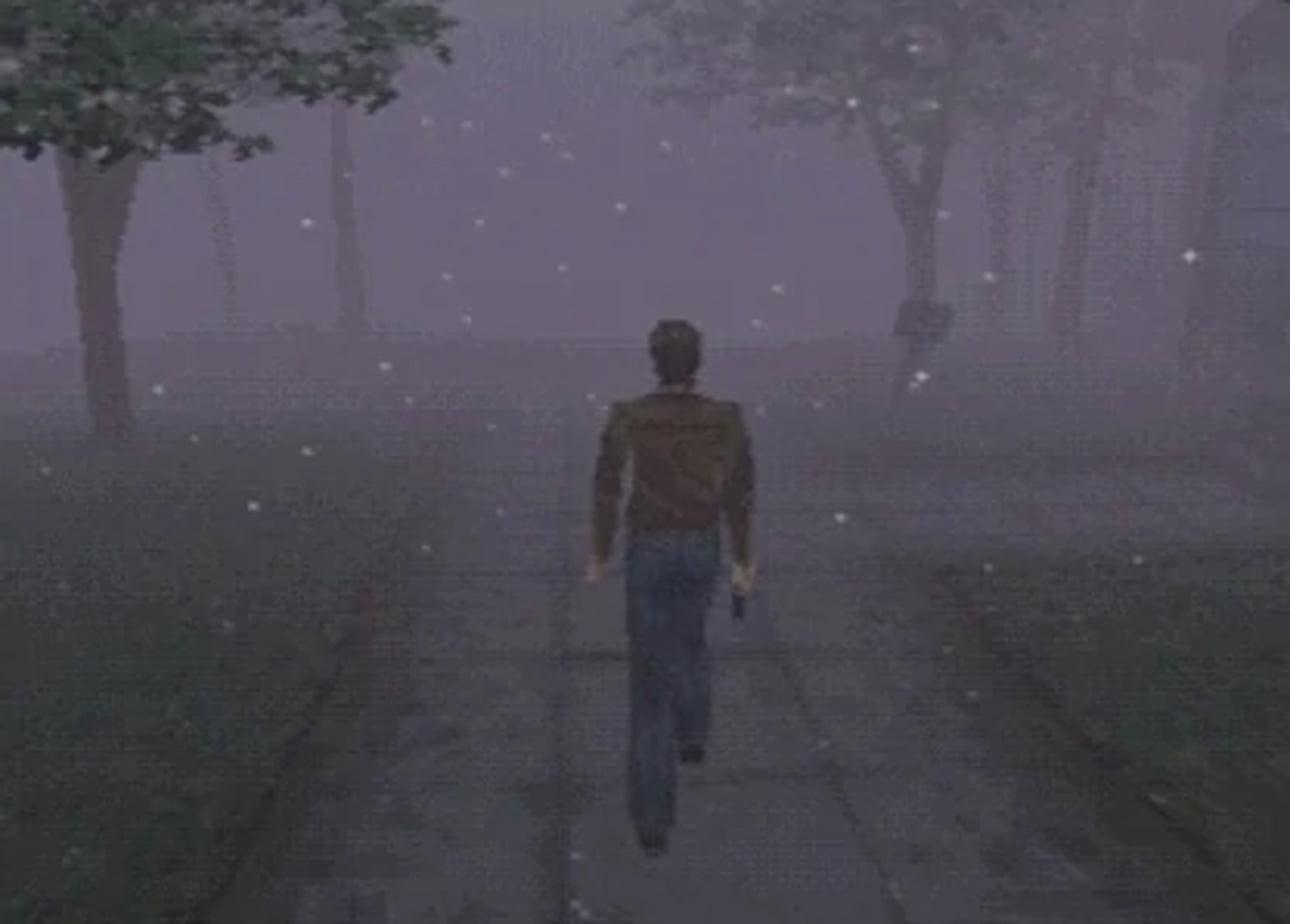
 A Journey into Dark Noise
A Journey into Dark Noise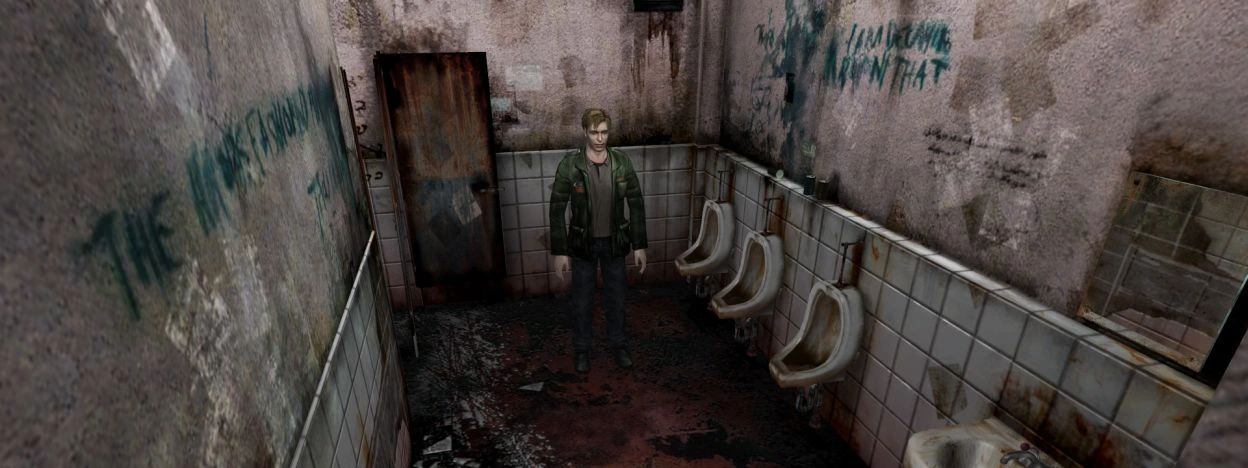

 ff"Theme of Laura" (Silent Hill 2)
ff"Theme of Laura" (Silent Hill 2)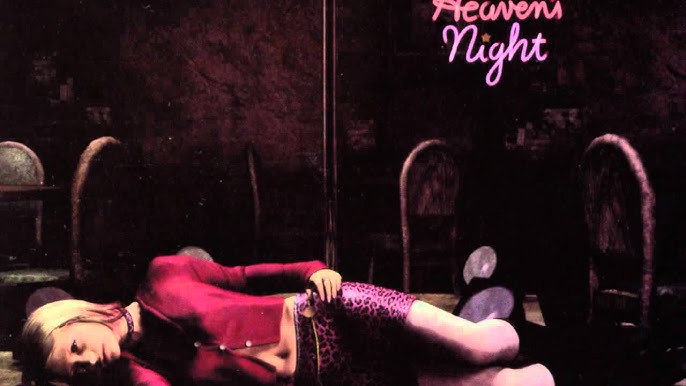 Promise (Reprise)" from "Silent Hill 2"
Promise (Reprise)" from "Silent Hill 2"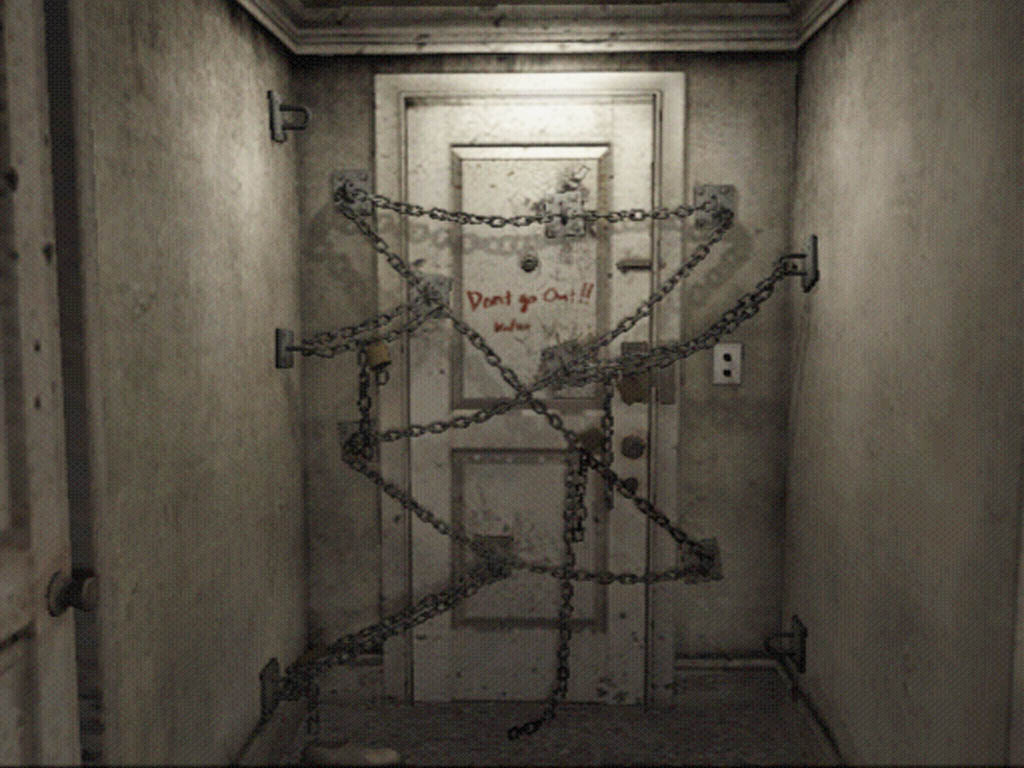 'Room of Angel'
'Room of Angel'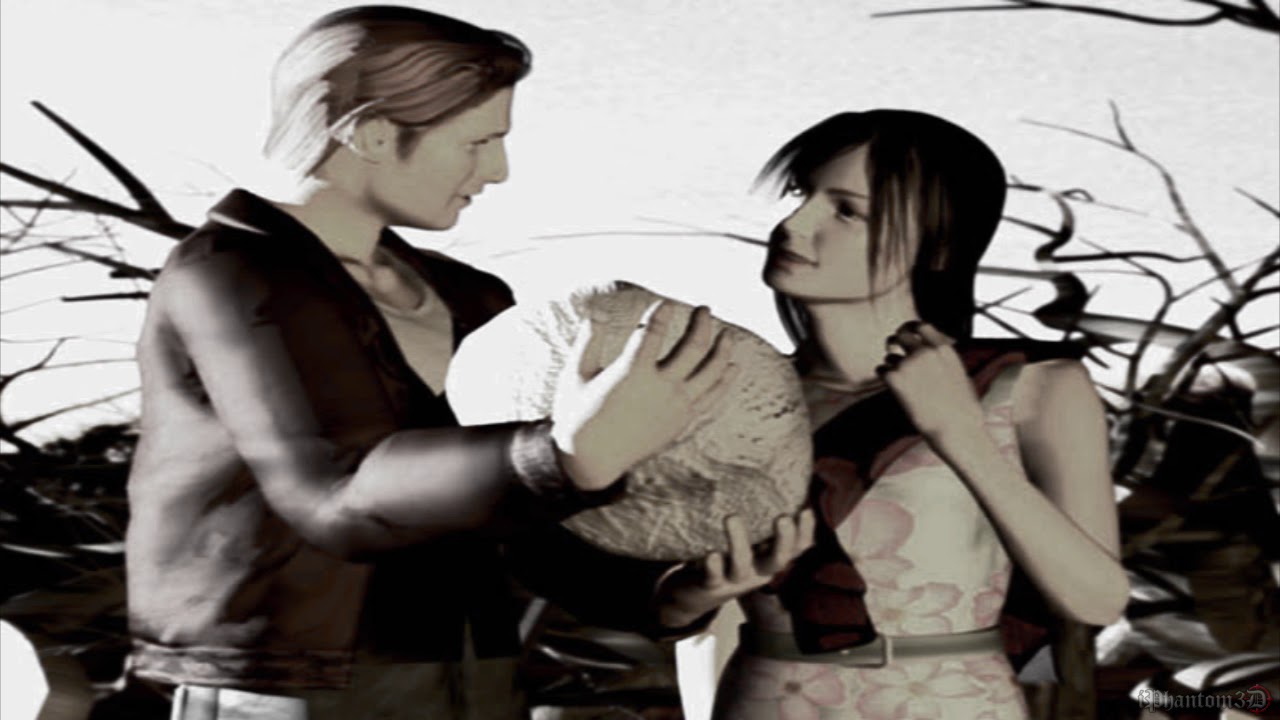 "Silent Hill" (main theme, SH1)
"Silent Hill" (main theme, SH1) "Not Tomorrow" (SH1)
"Not Tomorrow" (SH1)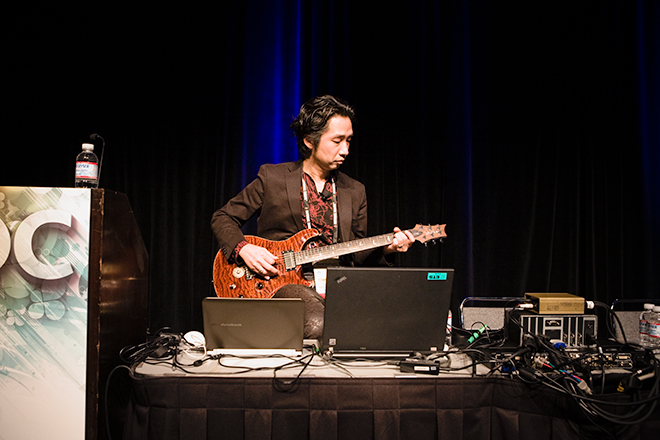 Techniques and Innovations by Akira Yamaoka
Techniques and Innovations by Akira Yamaoka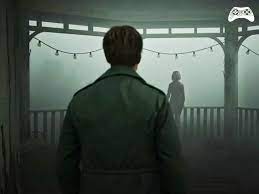 Use of Silence as a Narrative Tool
Use of Silence as a Narrative Tool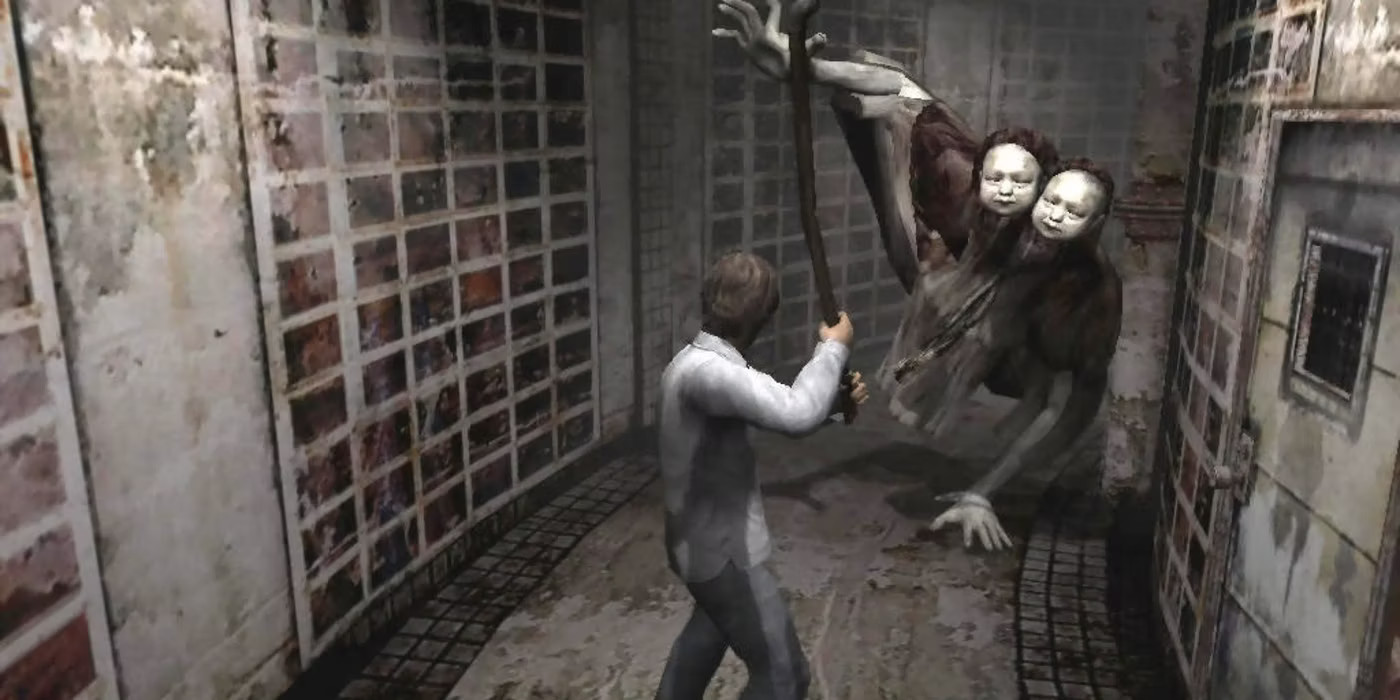
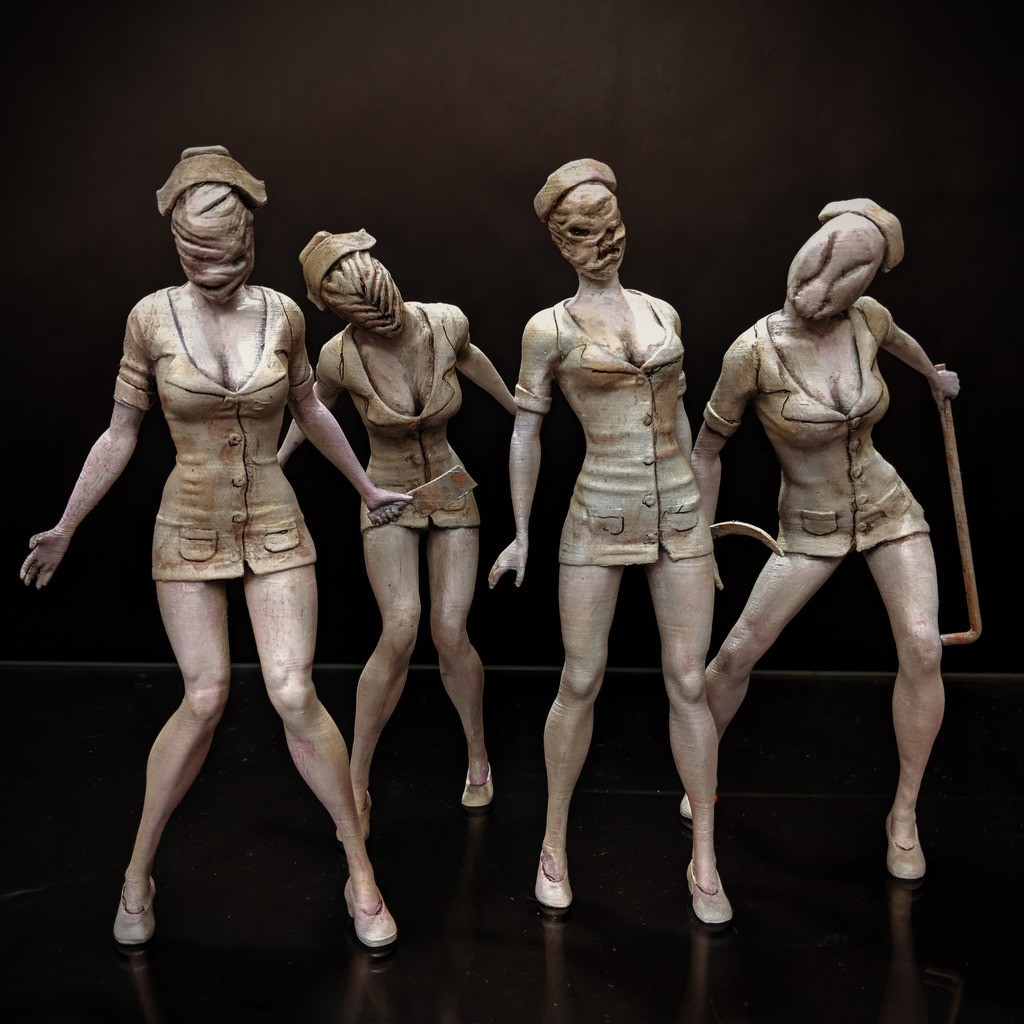 Using Sound Layers to Create Depth
Using Sound Layers to Create Depth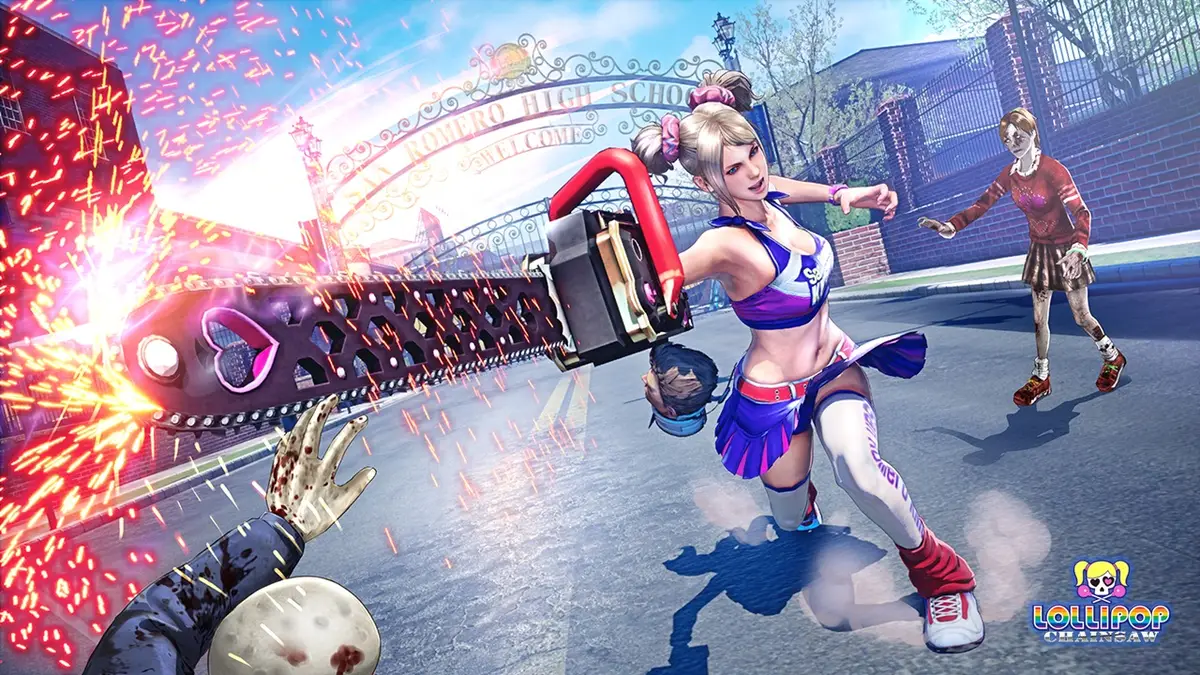 ▫ "
▫ "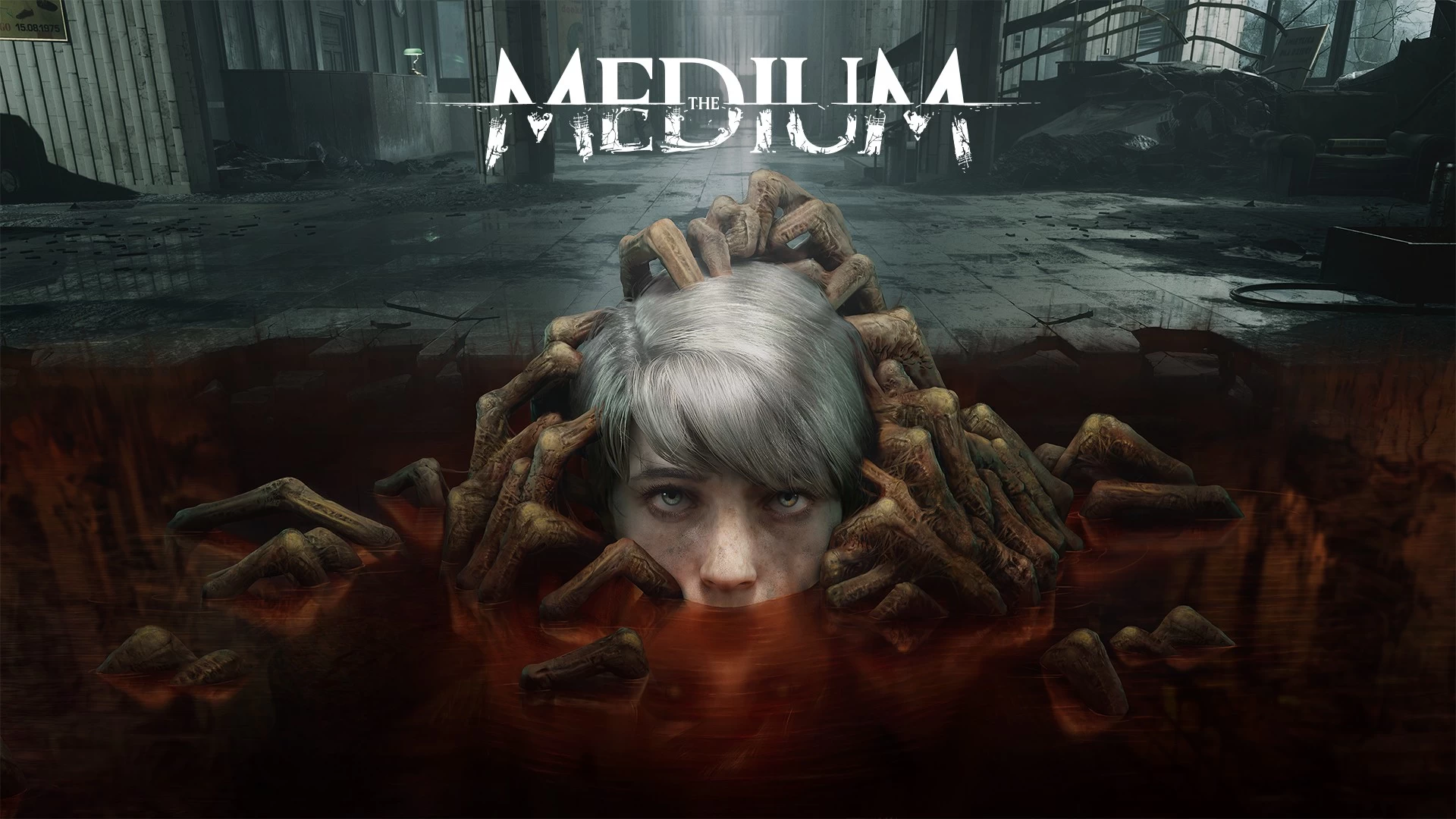 ▫ "
▫ "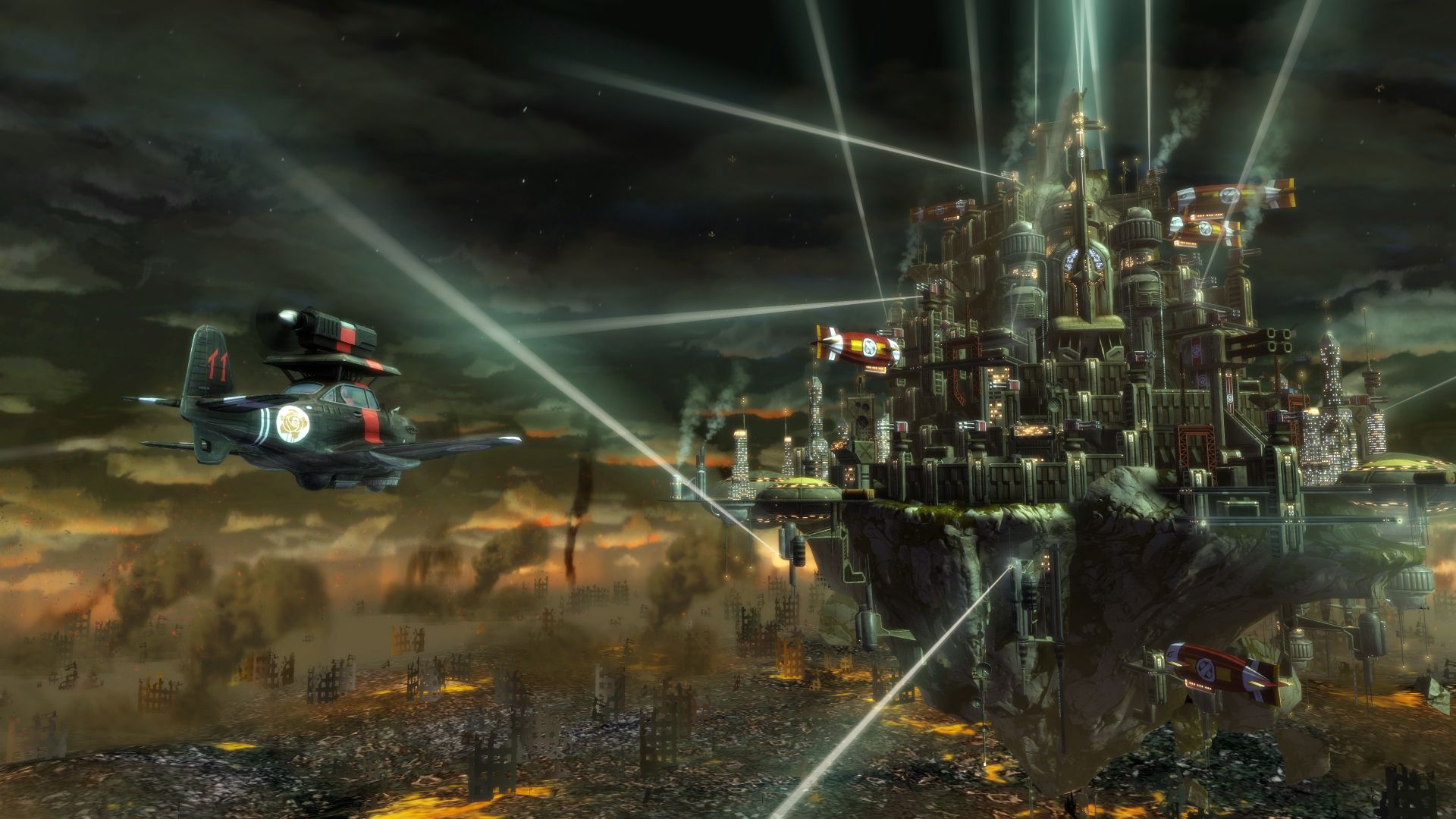 ▫ "
▫ "
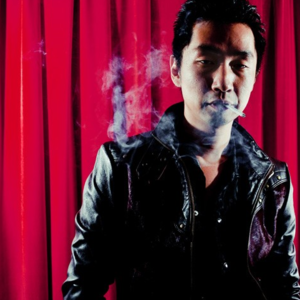 Summary
Summary

